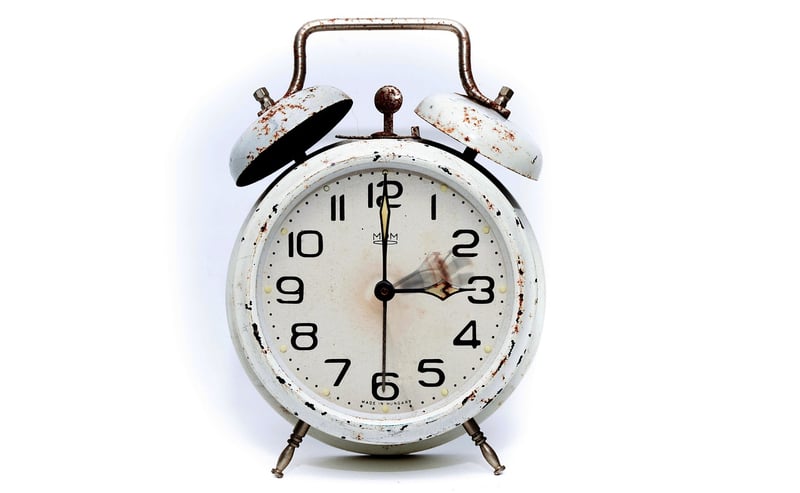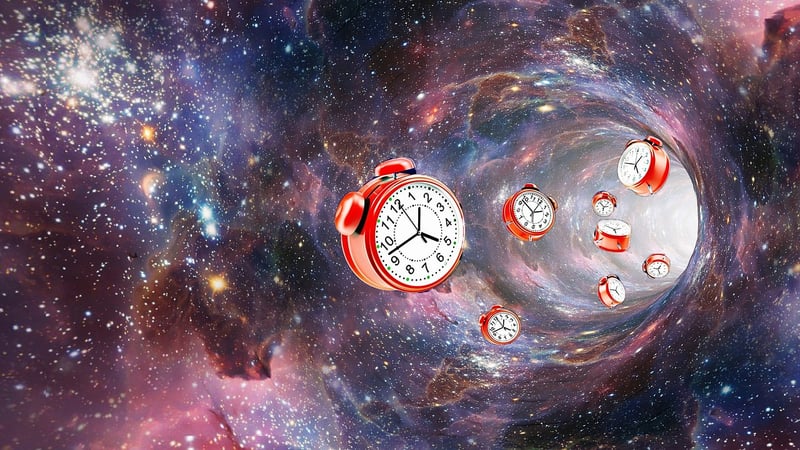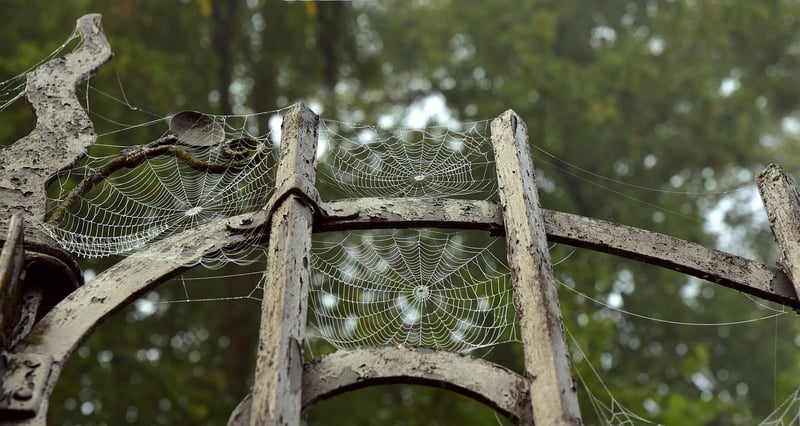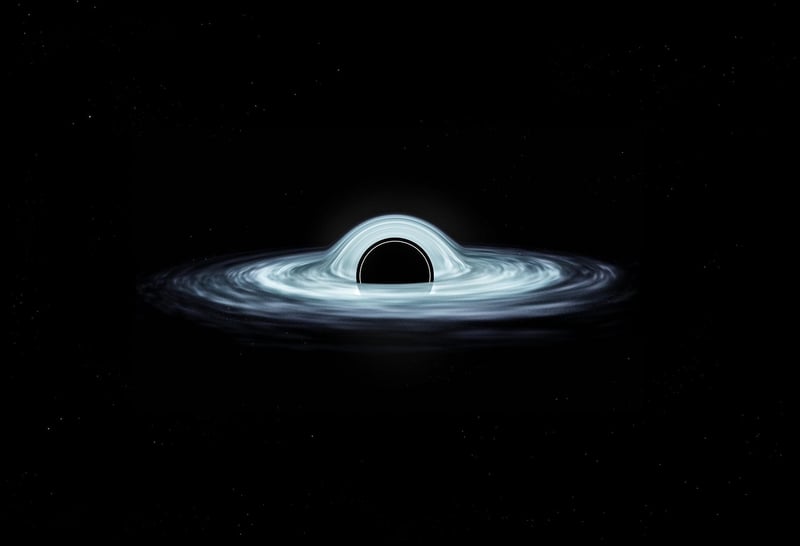Causality Theories
The Fascinating World of Time Paradoxes and Causality Theories
Time travel has been a popular concept in science fiction for decades, captivating audiences with its mind-bending possibilities and intriguing consequences. One of the most intriguing aspects of time travel is the idea of time paradoxes, where the very fabric of time and causality is twisted and turned on its head. Let's delve into some of the most famous time paradoxes and causality theories that have captured the imagination of both scientists and storytellers.
1. The Grandfather Paradox
Perhaps the most well-known time paradox, the Grandfather Paradox, poses the question: what happens if you travel back in time and prevent your grandfather from meeting your grandmother, thus preventing your own birth? This paradox raises profound questions about causality and free will, challenging our understanding of how the past, present, and future are interconnected.

2. The Bootstrap Paradox
In the Bootstrap Paradox, an object or information is sent back in time, creating a loop where the object has no discernible origin. This paradox raises questions about the origin of information and challenges the idea of cause and effect. It suggests that events can be self-created without a clear beginning, leading to an infinite loop of causality.

3. Novikov Self-Consistency Principle
The Novikov Self-Consistency Principle proposes that any actions taken by a time traveler in the past must be self-consistent and cannot lead to paradoxes. This theory suggests that the timeline is fixed and that any actions taken by time travelers are already a part of the past. It implies that time travel cannot create new timelines or alter events in a way that contradicts established history.

4. Time Loop Theory
The Time Loop Theory posits that time is a closed loop where events repeat indefinitely. This theory suggests that time is not a linear progression but rather a cyclical pattern where the same events occur repeatedly. It raises questions about the nature of free will and determinism, as characters may be trapped in a never-ending cycle of events beyond their control.

Time paradoxes and causality theories continue to captivate the minds of both scientists and enthusiasts, challenging our understanding of the nature of time and reality. Whether exploring the implications of altering the past or contemplating the intricacies of self-consistent timelines, the world of time travel offers endless possibilities for exploration and imagination.
So, next time you find yourself pondering the mysteries of time and causality, remember that the answers may lie in the paradoxes and theories that push the boundaries of our understanding of the universe.
